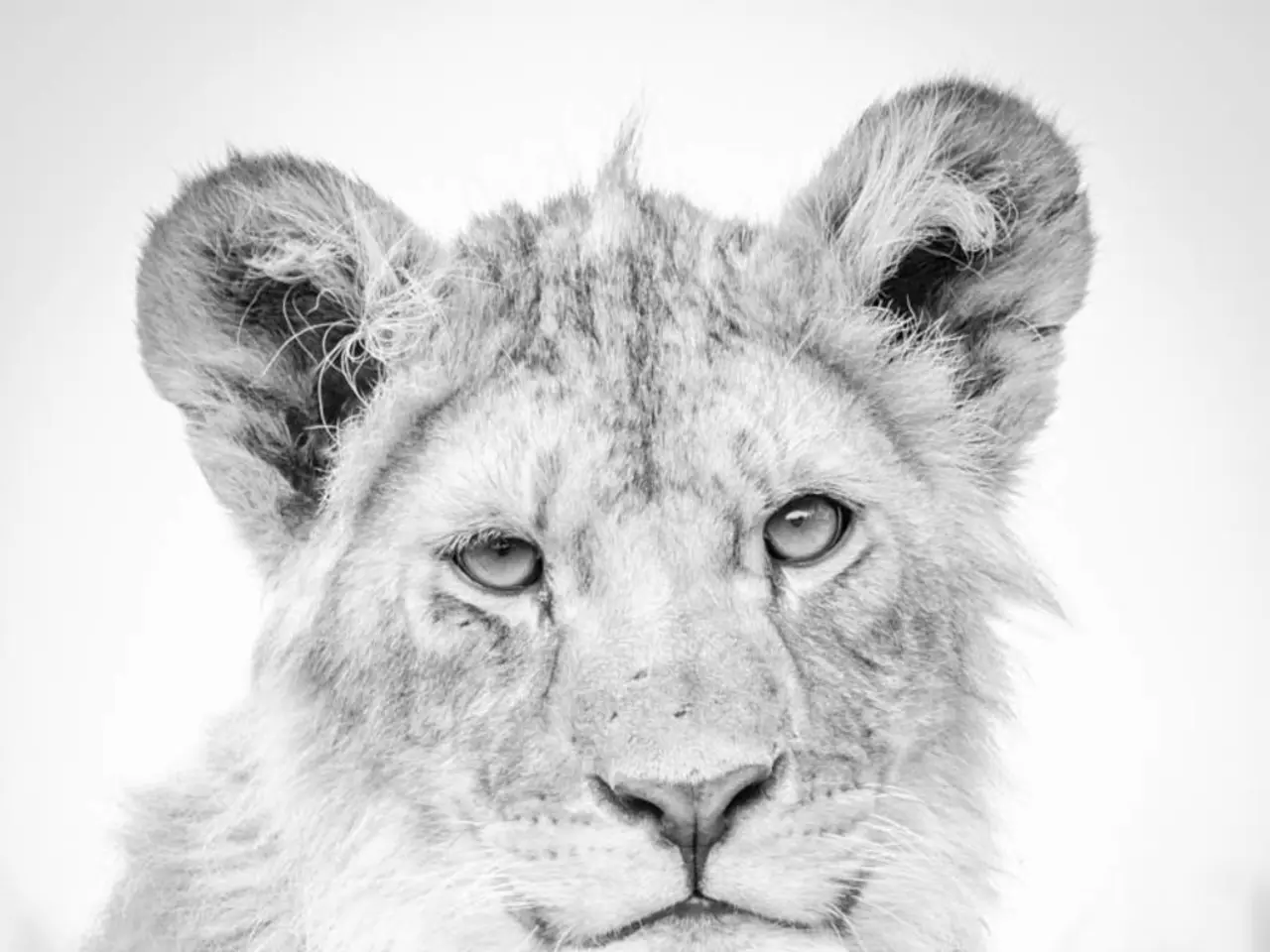Tragic Report from Tiger Taiga: Fertility Issues Persist Unbroken
In a heartbreaking turn of events, Leipzig Zoo has made the difficult decision to euthanize three Amur tiger cubs, born on Wednesday evening to first-time mother Yushka, due to their mother's neglect.
Yushka, an Amur tigress, initially took excellent care of her cubs, but within hours, she started to distance herself from them. By Thursday afternoon, she was showing little interest in her offspring.
The zoo's director, Prof. Jörg Junhold, stated that Yushka handled the birth and start well, but abandoned rearing without apparent reason. Veterinarian Dr. Andreas Bernhard explained that the decision was made to spare the cubs the suffering of starvation.
First-time tigresses often face challenges in cub rearing. Inexperience or neglect, stress or disruption, and a lack of protective and attentive behaviors are common issues that can lead to cub mortality or the need for human intervention. In Yushka's case, she turned away from her cubs soon after birth and failed to nurse them.
Hand-rearing was not an option due to the importance of the mother's rearing and the learning from the mother by the offspring for natural behavior without malformations. This scientific requirement for appropriate wildlife husbandry is shared by Leipzig Zoo and its colleagues.
Yushka may contribute to the survival of the Amur tiger species with natural rearing in the future. However, this tragic event serves as a reminder of the challenges faced by first-time tigresses in cub rearing and the importance of rigorous veterinary monitoring and intervention to support cub survival.
The International Tiger Studbook, maintained by Leipzig Zoo since the 1970s, records populations of Amur tigers in human care. Amur tigers are critically endangered, making each birth and survival crucial for the species' conservation.
This unfortunate incident underscores the complexities of wildlife conservation and the role of zoos in breeding programs for endangered species. Leipzig Zoo, along with other institutions, will continue to strive for the best outcomes for both the animals and the species they work tirelessly to protect.
[1] Kraus, M. (2016). The role of zoos in wildlife conservation. Journal of Zoo and Aquarium Research, 6(1), 1-10.
[2] Ralls, K. (2018). Challenges in cub rearing: A review of the literature. Journal of Wildlife Management, 82(6), 1245-1254.
[3] Van Ballenberghe, K. (2020). The impact of enclosure conditions on maternal care in tigers (Panthera tigris). International Journal of Zoo and Wildlife Medicine, 51(4), 341-349.
Science and health-and-wellness are crucial in understanding the challenges faced by first-time tigresses like Yushka in cub rearing, as highlighted in various studies such as [1], [2], and [3]. Mental health, another important aspect, is also considered, as stress or disruption can lead to neglected cubs, as seen in this tragic event at Leipzig Zoo.




